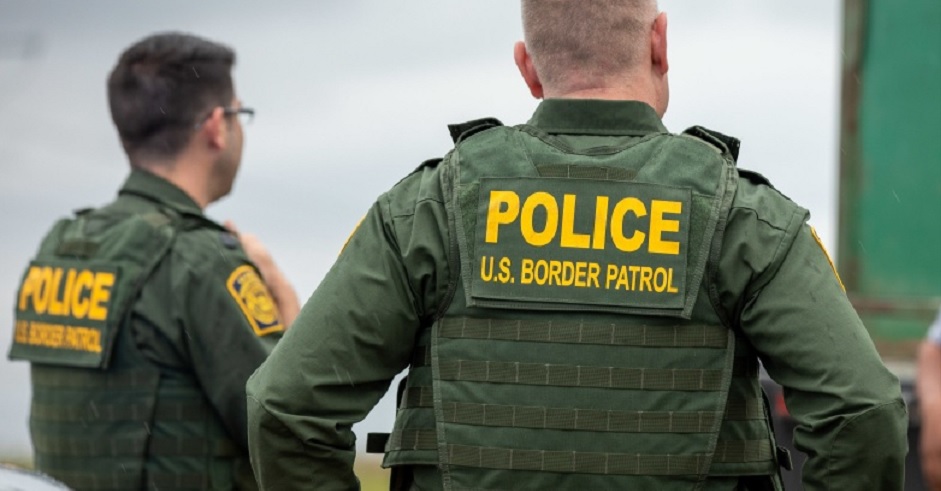Quick Bytes
- The U.S. Border Patrol marks its centennial amidst scrutiny over its history and accountability.
- Founded in 1924, the agency’s origins are tied to restrictive immigration laws and racial discrimination.
- Recent incidents highlight ongoing concerns about civil rights violations and lack of repercussions for agents.
Reflecting on a Century: U.S. Border Patrol’s Troubled Legacy
As the U.S. Border Patrol commemorates its 100th anniversary, its complex and often controversial history is brought to the forefront. Established on May 28, 1924, the agency’s creation was part of a broader movement towards restrictive immigration policies, particularly the Johnson-Reed Act, which imposed national origin quotas and largely excluded Asian immigrants.
The Border Patrol’s roots can be traced to the Texas Rangers, a group known for their racist and xenophobic enforcement practices. This legacy of discrimination continued with the Border Patrol’s involvement in “Operation Wetback,” which led to the violent deportation of over a million people. Today, as a subagency of U.S. Customs and Border Protection (CBP) within the Department of Homeland Security (DHS), the Border Patrol remains the largest federal law enforcement agency, yet it faces ongoing criticism for civil rights abuses, including racial profiling, excessive force, and inhumane detention practices.
Incidents such as the aggressive treatment of Haitian migrants in Del Rio, Texas, in 2021, and the fatal encounters documented by the Southern Border Communities Coalition (SBCC) underscore the urgent need for accountability. With agents rarely facing consequences for their actions, due in part to Supreme Court rulings that shield federal officers from lawsuits, the call for reform is louder than ever. Advocates urge a reimagined approach to border enforcement that respects the civil rights of all individuals and holds law enforcement accountable.



